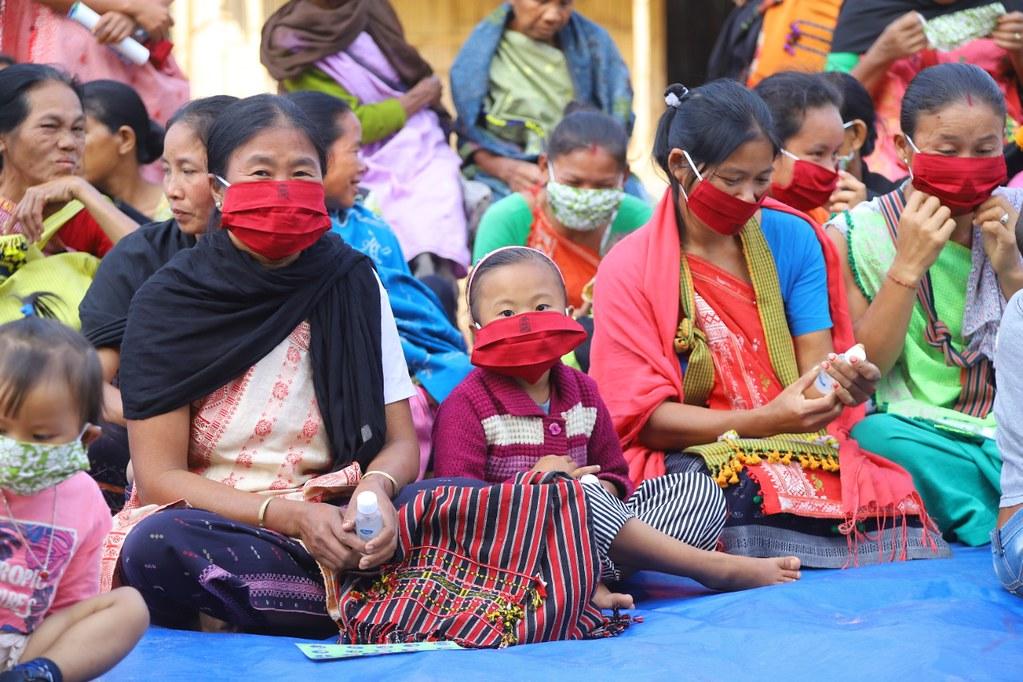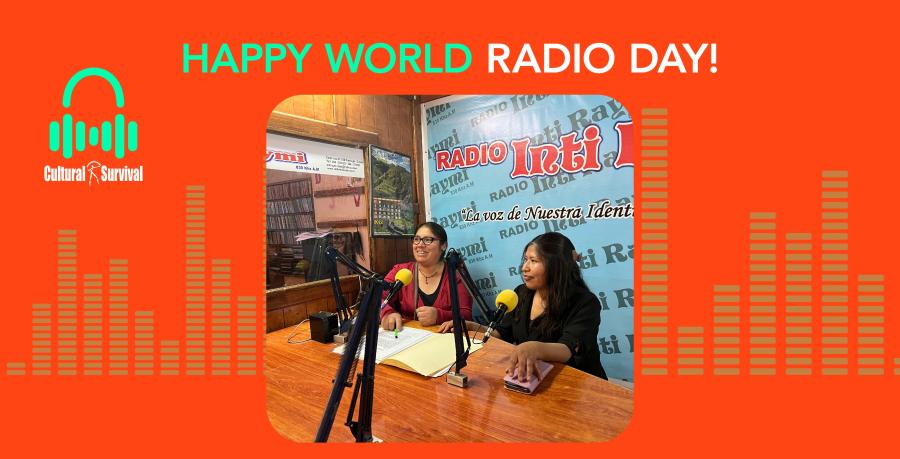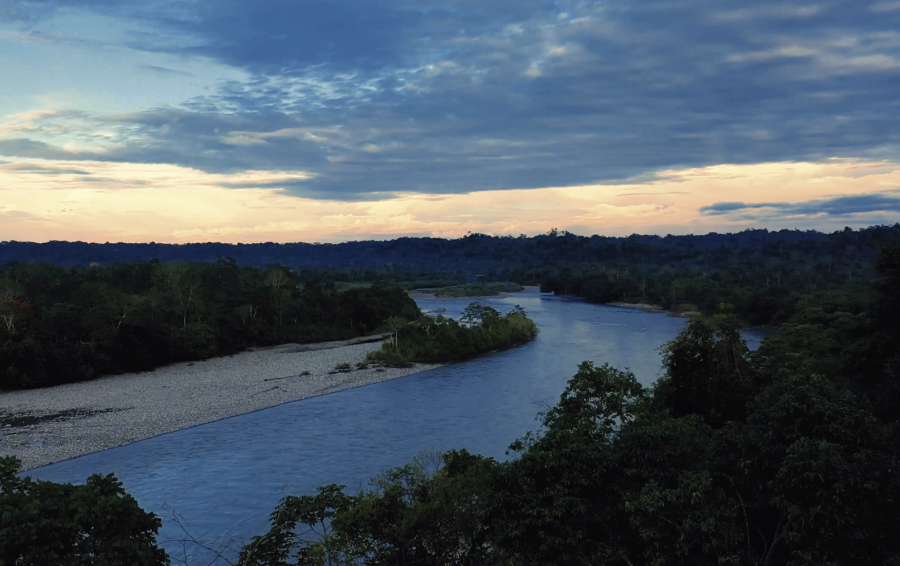
By Socrates Vasquez (Ayuujk, CS Staff)
On April 19-30, 2021, the 20th session of the United Nations Permanent Forum on Indigenous Issues was held. A new precedent was established with a hybrid model meeting with most of the event being held online. Only the opening and closing sessions were conducted in person. In this context of the COVID-19 pandemic, participants presented a series of recommendations to the National States about the post-pandemic measures to be taken to respect, protect, and fulfill Indigenous Peoples’ rights.
A report presented by Darío José Mejía Montalvo (Zenú), a member of the UN Permanent Forum for Indigenous Issues, emphasized how Indigenous Peoples have been respectful of other beings on Earth, but nation States, through laws and ill-designed policies have stripped away what Indigenous communities have occupied since time immemorial times continuing the cycle of life. The same communities that have comprehensively managed and conserved large territories are now increasingly threatened. The right to territory and to protection of the same are fundamental for the lifeways of Indigenous communities and society in general.
Mejía stressed that prior to the COVID-19 pandemic, the States already abandoned Indigenous communities through discriminatory policies, historical racism, and marginalization. Some of these exclusions are the lack of access routes and roads to communities; the lack of information and translation about the COVID-19 pandemic into Indigenous languages; barriers in accessing vaccines; and an adequate preventative mobilization in the communities due to inability in accessing information in Indigenous languages. "The pandemic also evidenced pre-existing inequalities, in many cases, it deepened them. The impact has been greater in the areas of health, economy, and food security, but especially on women, girls and boys."
During this COVID-19 pandemic, many Peoples continue to be dispossessed of their lands and their leaders killed. They die from the pandemic but also from the greed of a consumer society whose happiness is measured in accumulated goods. Throughout the history of Indigenous Peoples, pandemics were used as extermination and colonization strategies, today it also continues in other ways.
The report also mentions: “Some of these causes are due to injustices and historical inequalities that give rise to extreme poverty and exclusion. Indigenous Peoples represent almost 19 percent of the people who suffer extreme poverty and are almost three times more likely to find themselves in that situation than people who do not belong to an Indigenous community.” Furthermore, Indigenous Peoples “continue to be among the groups with limited access to social protection, in part due to the broader patterns of marginalization, discrimination, and exclusion that affect them. Existing policies and measures to promote Indigenous Peoples' access to social protection are considered insufficient and do not always have their full and effective participation.”
In this session of the UN Permanent Forum on Indigenous Issues, Indigenous leaders mentioned the importance of calling for “the establishment of effective mechanisms that include the participation of Indigenous leaders, entities, and institutions in decision-making processes, since this is a step important to facilitate inclusive and culturally appropriate measures to address the crisis.”
The importance of carrying out a continental campaign by international organizations and local governments was emphasized so that Indigenous communities can have adequate access to vaccines and overcome the gap of delay that has always been seen in Indigenous territories. Likewise, it was recognized that “despite all these challenges, Indigenous Peoples are custodians of a large amount of traditional knowledge, practices, languages, and cultures that include responses to crises that have proven their validity over time. Indigenous Peoples' organizations around the world have quickly organized to respond to the pandemic and have provided food and health aid to remote locations. ”
Myrna Cunningham (Miskitu), a doctor from Nicaragua, participated in the session and emphasized that the intercultural approach must permeate throughout the vaccination process, taking into account languages and the ways in which Peoples and communities resolve their health issues, stressing that sufficient resources should be allocated as a means to historical restorative justice.
The most outstanding recommendations mentioned by the panelists and should be addressed urgently are summarized below:
- Governments should ensure the effective participation of Indigenous Peoples in all recovery efforts, for example, where culturally relevant health and education services were an integral part of these recovery plans. It is critical that recovery efforts take into account the effects of the pandemic on Indigenous women and girls and include measures to address them.
- States should develop various tools to collect and disseminate quality disaggregated data and indicators that serve as the basis for the development of policies that address the health and socioeconomic impact of the pandemic on Indigenous Peoples.
- States and international organizations should also prepare and disseminate culturally appropriate information in Indigenous languages. This would build trust, for example in vaccination campaigns and in the application of social protection programs for Indigenous Peoples.
- Governments, financial institutions, and the private sector must end the land grabs, evictions, criminal activities, and general violence that had increased on Indigenous territories during the pandemic, putting people at risk, particularly Indigenous women and children. In addition, major development projects and natural resource extraction should be carried out in accordance with the United Nations Declaration on the Rights of Indigenous Peoples, respecting the right of Indigenous Peoples to self-determination and the principle of Free, Prior and Informed Consent. In addition, the recognition of the collective rights of Indigenous Peoples to land and territorial security must be enforced, since they increase resilience in the face of crises such as COVID-19.
Top photo courtesy of ARHI Folk Culture Research Centre of North East India.



